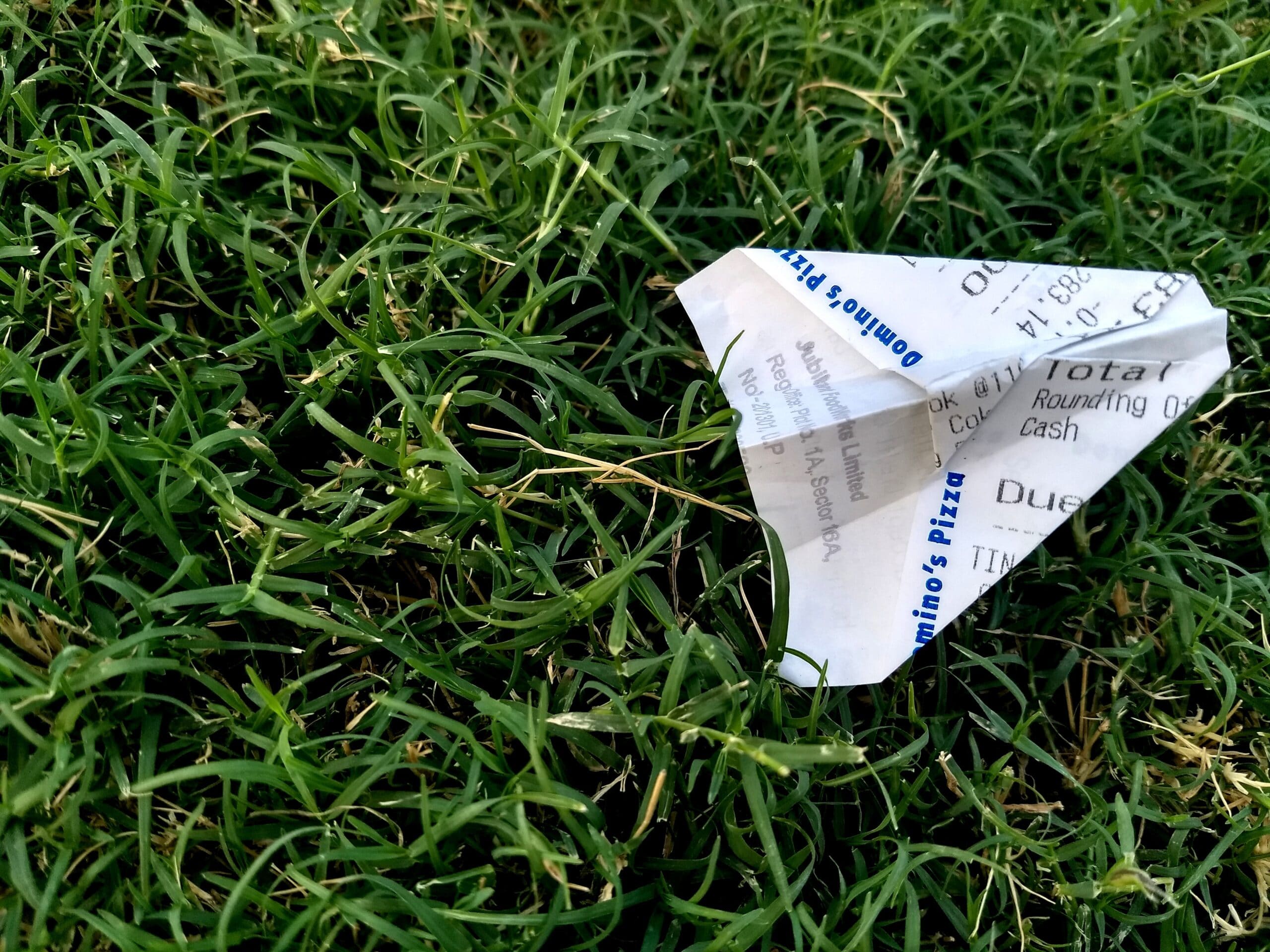
Why you Should Keep your Receipts
Keeping your receipts, regardless of the field it pertains to, is a prudent and highly advisable practice. In the area of tax, this practice becomes even more important. In the event you should be audited, reassessed, or be the subject of a processing review, the Canada Revenue Agency (“CRA”) will request (and frankly demand) that the appropriate receipts be provided to verify the information you filed on your tax return is accurate. Keeping your record books accurate will help to ensure the process is as painless as possible.
Where do I Keep my Records?
The CRA has stated that you must keep your records at either your place of business (for any business records) or at your residence, unless the CRA has given you express permission to keep them elsewhere. If you would like to obtain the CRA’s permission to keep your records elsewhere, you will need to write to your local tax services office.
How long do I have to keep records for?
The record keeping requirement stems from paragraph 230(4)(b) of the Income Tax Act. This section states that every person carrying on business and/or every person who is required to pay taxes shall keep all records and books that are necessary to verify the information until the expiration of six years from the end of the last taxation year. In theory, if you are filing your 2020 return, you should keep the documents until 2026. However, this rule does have some caveats. The six-year requirement for keeping documents relates not only to the original tax year in which you file, but also relates to the tax year in which you are claiming a certain expense/deduction, etc.
Looking at our previous example, when filing your 2020 tax return, the minimum requirement for keeping the relevant documents is 2026. However, if you plan on carrying a business loss forward to use in a future year (say 2030), then the relevant documents to prove the business loss must be kept until 2036. The six-year requirement not only relates to the original year the return was filed, but more importantly, it relates to the year in which the taxpayer plans to use that document.
Can I Destroy the Records before the Six-year period Expires?
If you want to destroy the records prior to the retention period expiring, you must request permission from the CRA to do so. In order to obtain this written permission, either yourself or your authorized representative must do one of two things:
- Complete the Form T137 (Request for Destruction of Records); or
- Apply in writing to your local Tax Services Office.
In what Situations does the Six-year limitation Period not Apply?
The six-year limitation period does not apply to all possible situations. Some situations in which a different limitation period applies includes:
- When your records and supporting documents concern long-term acquisitions and disposal of property, the share registry, or other historical information that would have an effect on the sale, liquidation or wind‑up of the business, you have to keep them indefinitely.
- If the CRA wants you to keep records for a period longer than six years, a CRA official will let you know how long to keep them either in person or by registered mail.
- If you file an income tax return late, you must keep your records for six years from the date you file that return.
- If you filed an objection or an appeal, you must keep all necessary records until the latest of the following dates:
- the date the objection or appeal is resolved;
- the date for filing any further appeal has passed; or
- the six-year record keeping period has passed.
What if I don’t have my Receipts?
All is not lost if you did not keep all of your receipts. That being said, it does make proving your expenses much more challenging. You may attempt to use other methods of proving the expenses, such as bank and credit card statements. The CRA, however, will likely have a hard time accepting your expenses claims. In these types of situations, you should seek the assistance of a professional.
Overall, the CRA requirements for record keeping seem simple, but are quite complex. Failure to retain your records for the appropriate period can have a detrimental impact on the successful defence of any audit, processing review, etc. If you are going through a CRA review, and you need assistance with proving your receipts and expenses, contact us today!
**Disclaimer
This article provides information of a general nature only. It does not provide legal advice nor can it or should it be relied upon. All tax situations are specific to their facts and will differ from the situations in this article. If you have specific legal questions you should consult a lawyer.

